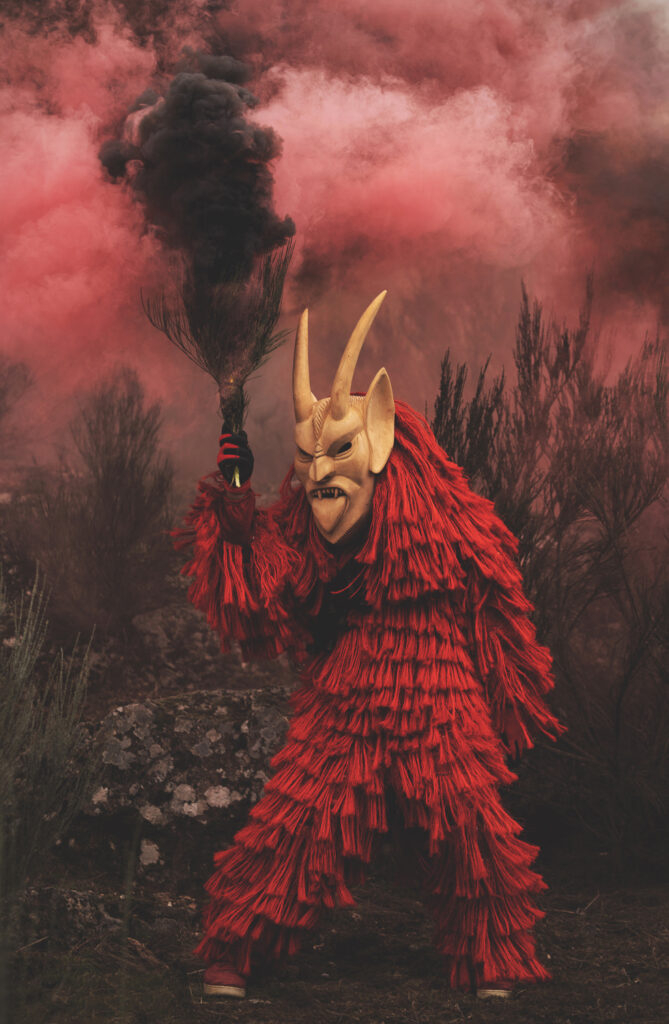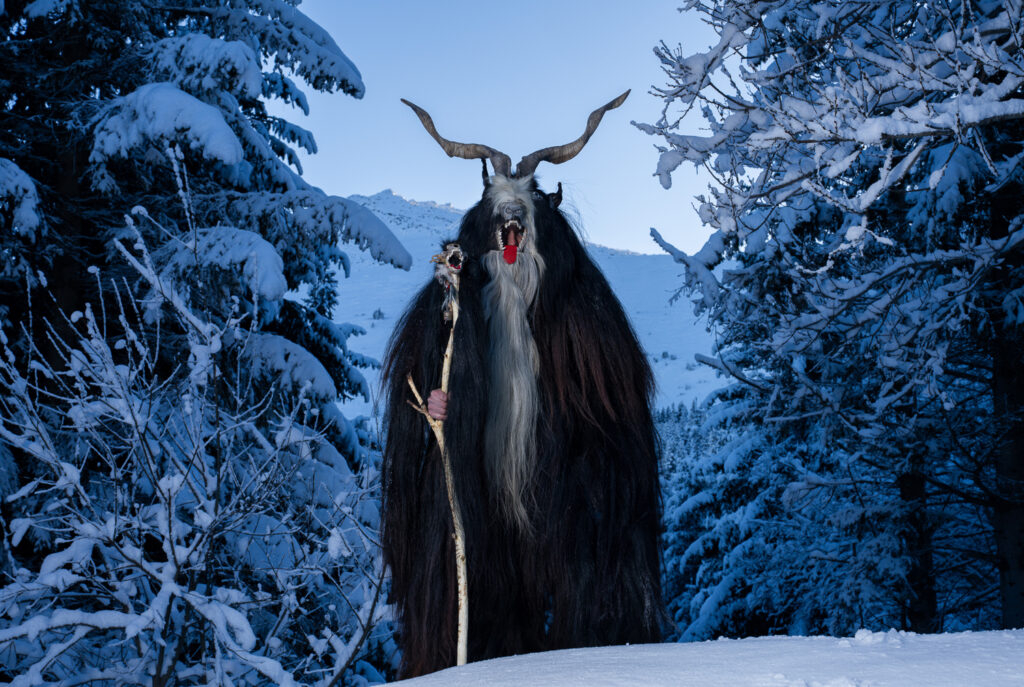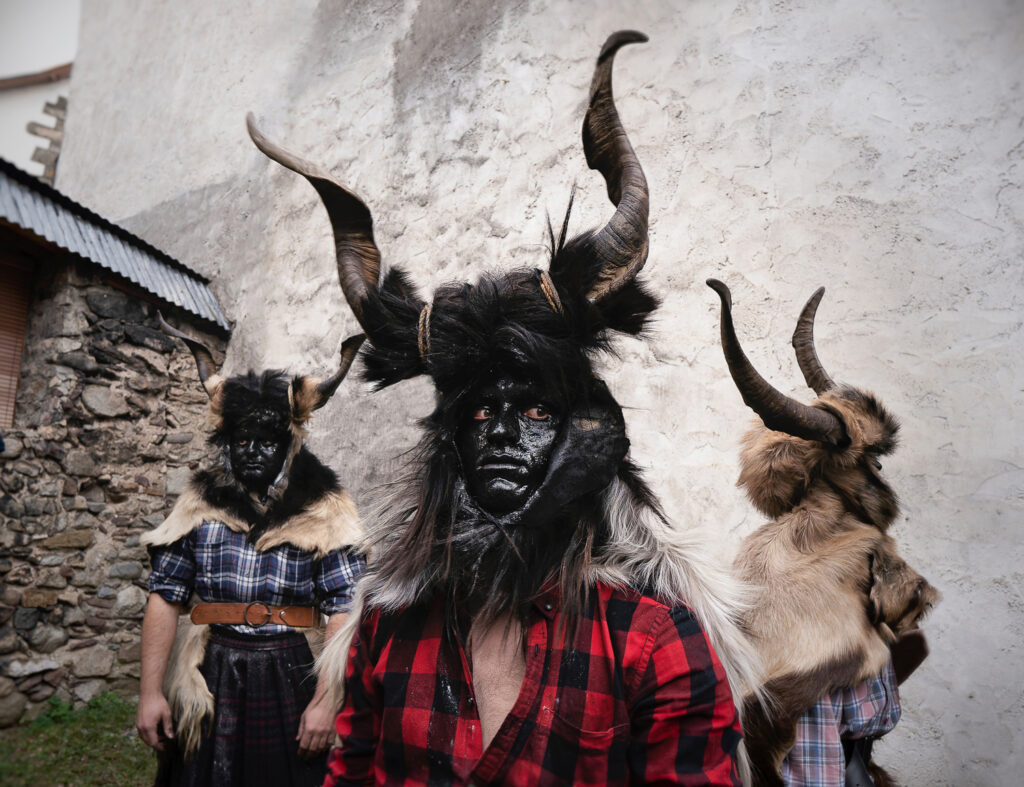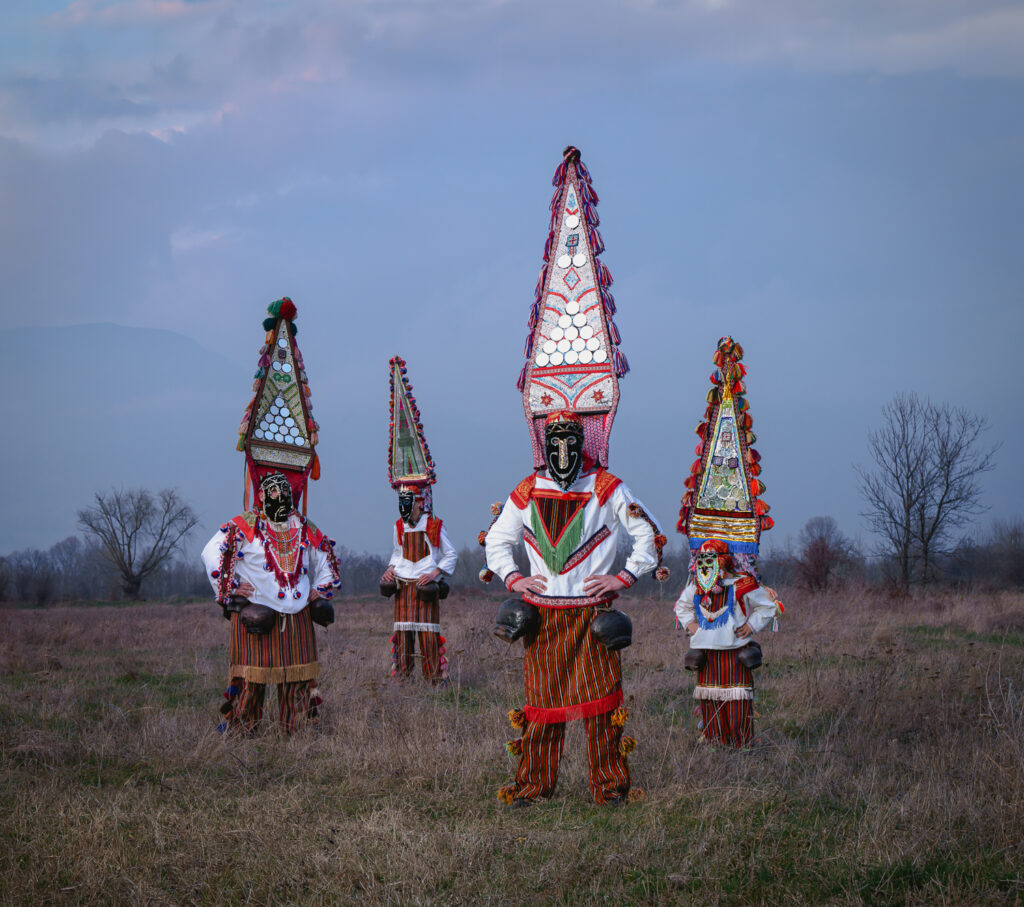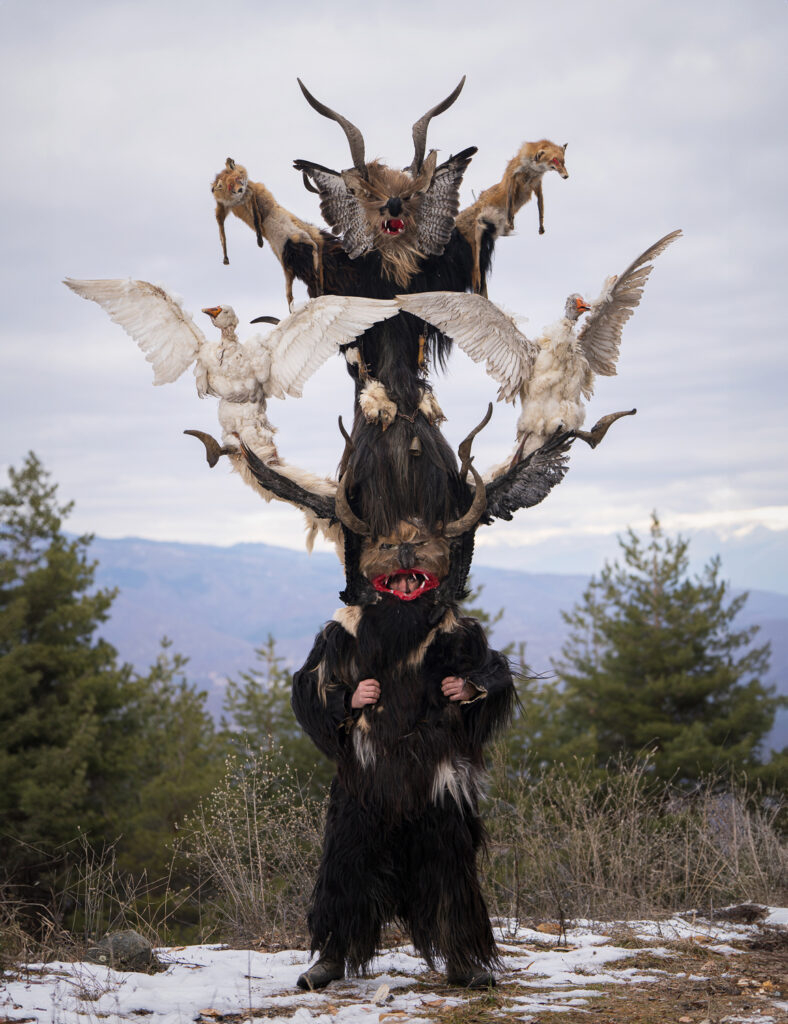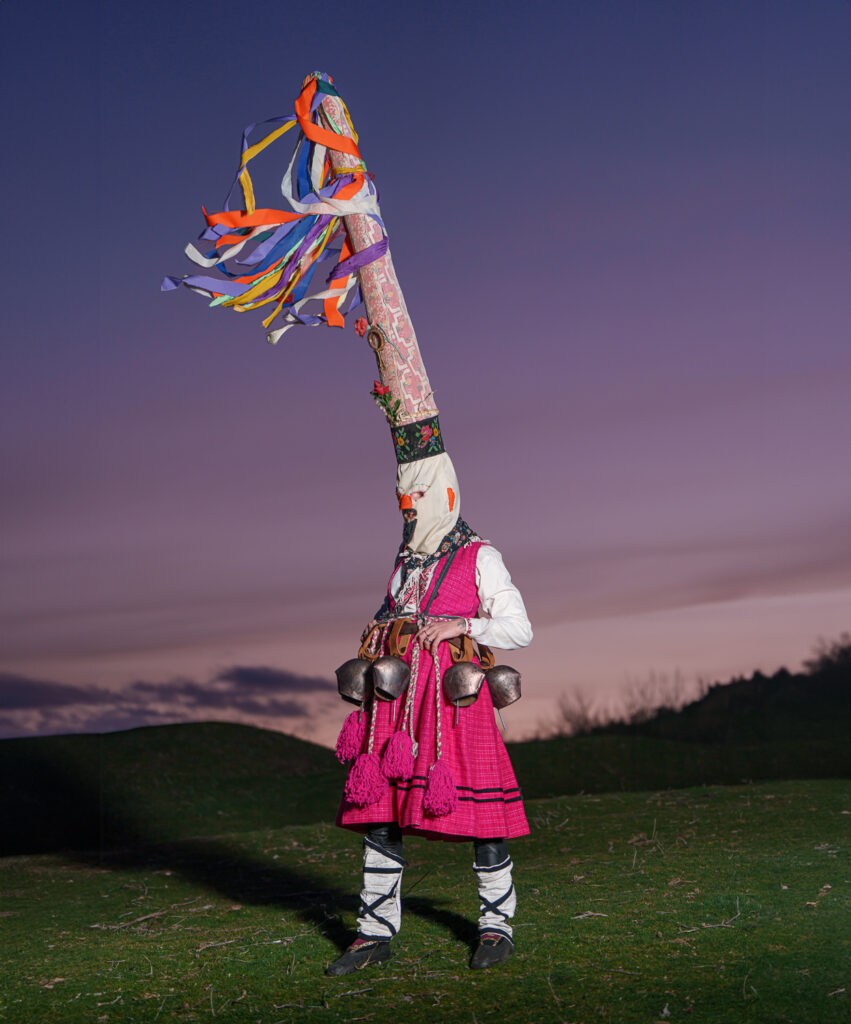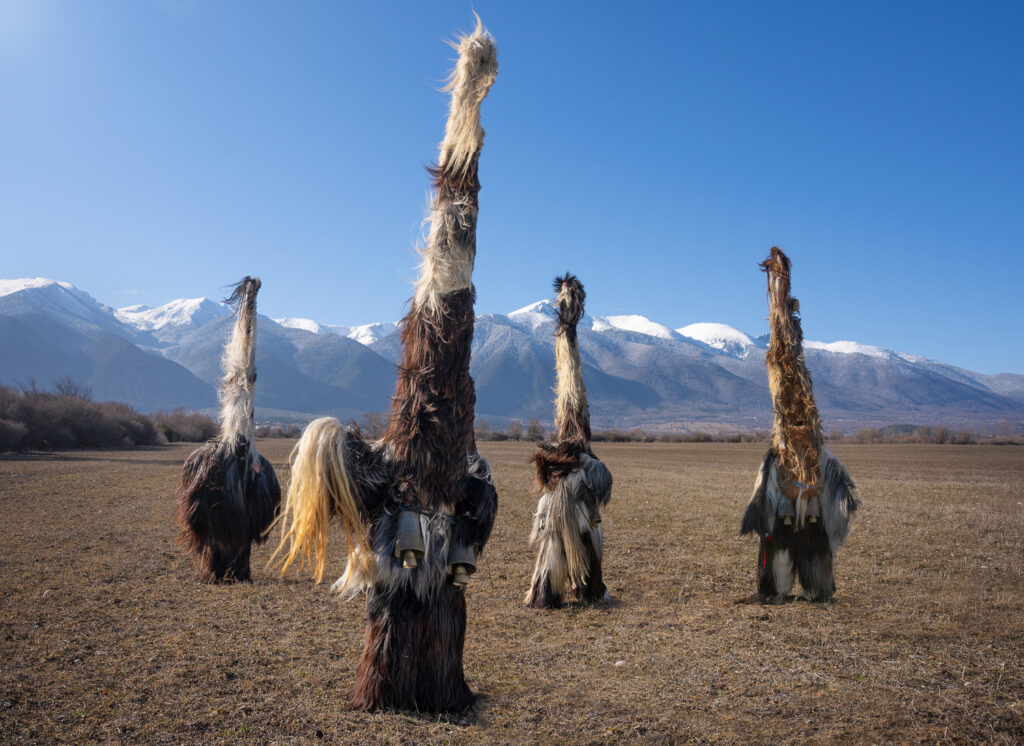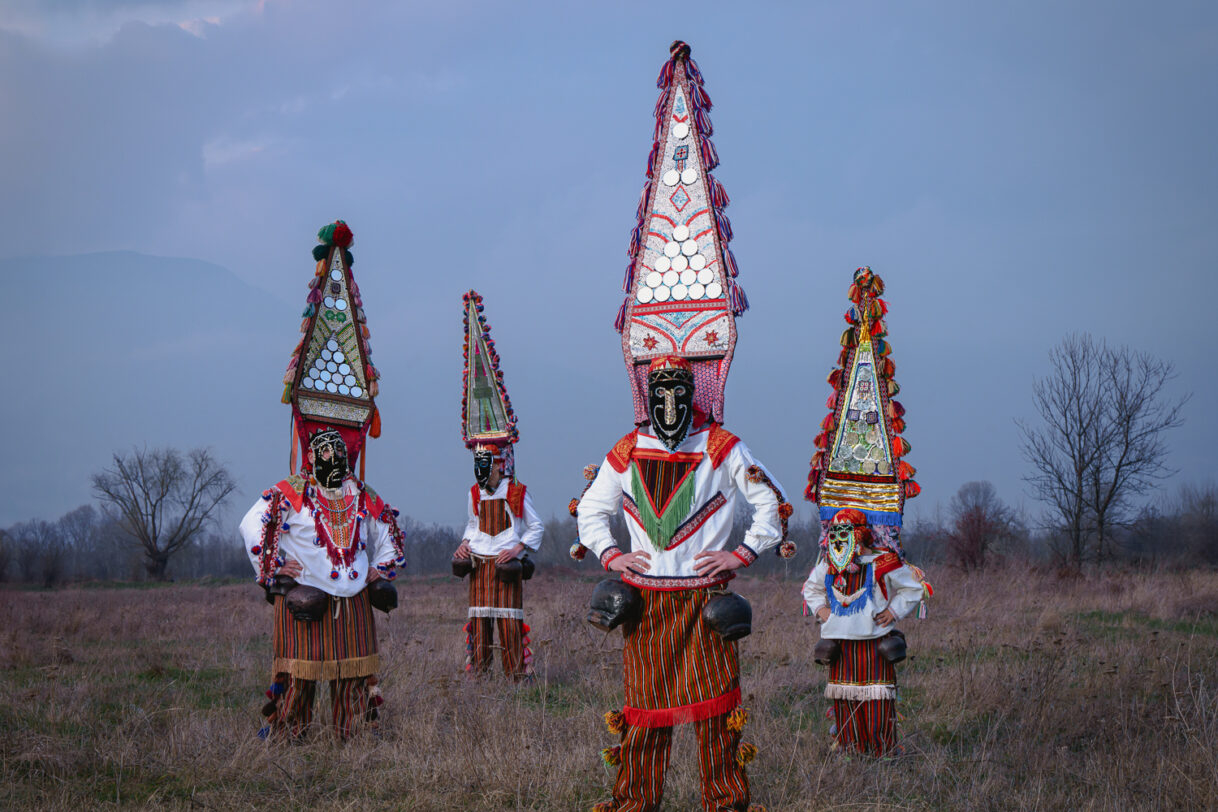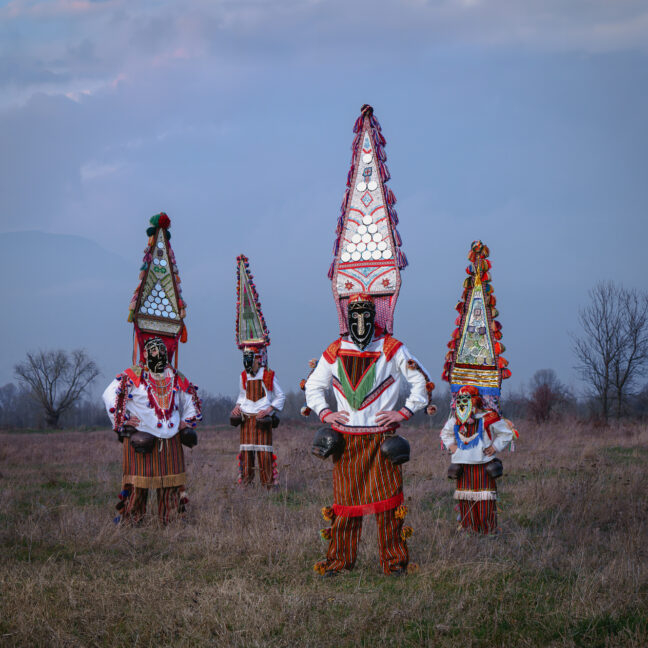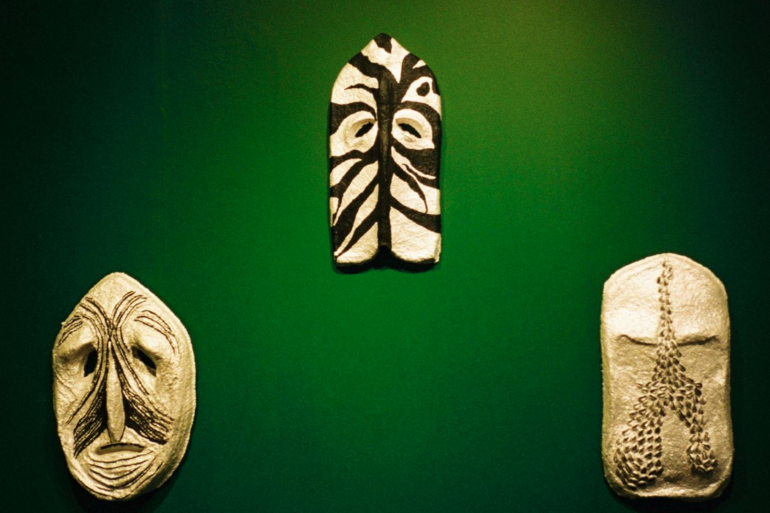Ashley Suszczynski is a visual anthropologist based in Wilmington, Delaware, USA, whose work is focused on capturing ancient traditions in the modern day. She aims to raise awareness about how lesser known cultures, relics, rites, and rituals have withstood time and evolved in our ever-changing world. Through visual storytelling, she hopes to share knowledge and understanding of these age-old customs in order to continue their preservation and social approval.
Can you tell us a bit more about your work?
I have always identified as an artist; even as a small child I was always creating. I remember back to being in elementary school, drawing pictures in my notebooks and being far more concerned with making artwork than making friends. I was an only child who faced divorcing parents at a very young age. The experience was especially tumultuous because it was difficult to navigate the separation without any siblings to confide in. I was growing up in discord, my social skills were lacking, and to top it all off – I was a little girl who dressed like a little boy! I was different, and for that, I was anxious. Instead of mingling with other kids, I sought comfort in books.
I loved to read fantasy fiction, and even more, I loved the imaginative illustrations. Each story sent me into a new world that completely deviated from my own mundane reality. Every page was full of magic and mystery – an immersive adventure into lands of mythical monsters, talking animals, the weird and the wonderful. To me, those forest creatures in Sendak’s Where the Wild Things Are were far more fun than any of those children on the jungle gym could ever be.
I am much older now, though I often feel like the same conflicted child. As I’ve grown, I’ve shifted my coping strategies. In my younger years, drawing was my creative outlet but now I’ve switched gears and photography has become my passion project. Similarly, reading used to be my chosen form of escapism, but now I’ve discovered that traveling is my healthiest distraction from persistent negative emotions. I feel the most present when I am in a foreign place, comforted in the company of my camera.
Several years ago, I happened upon the book Wilder Mann by Charles Fréger. The photo book features a series of beautifully staged portraiture from different masquerade groups around the world. I had never seen anything like these images ever before. The figures looked like those I had imagined from the pages of my childhood stories. There was everything from anthropomorphic fur covered beasts to masked tree nymphs and spirits of the woodlands.
I began to research some of the rituals and rites, eager to learn about their history, their characters, and their deeply rooted symbolism. I wound up taking particular interest to European folklore and winter masquerades. The festivals typically celebrated common themes involving seasonal change, fertility, life, and death. It seemed as though every tiny village had their own unique ancient rituals that were still thriving in our modern society. Even though I am based in the US, I’ve found these creative cultural communities are speckled throughout the globe, still telling their ancient stories through their masquerade practices.
Each masquerade I photograph feels like being transported into a different fairy tale novel. Every click of my shutter is another page turned. It is an honor that instead of simply escaping into these fantastic stories, that I can now share them through my photos.
See more of Ashley’s work HERE
